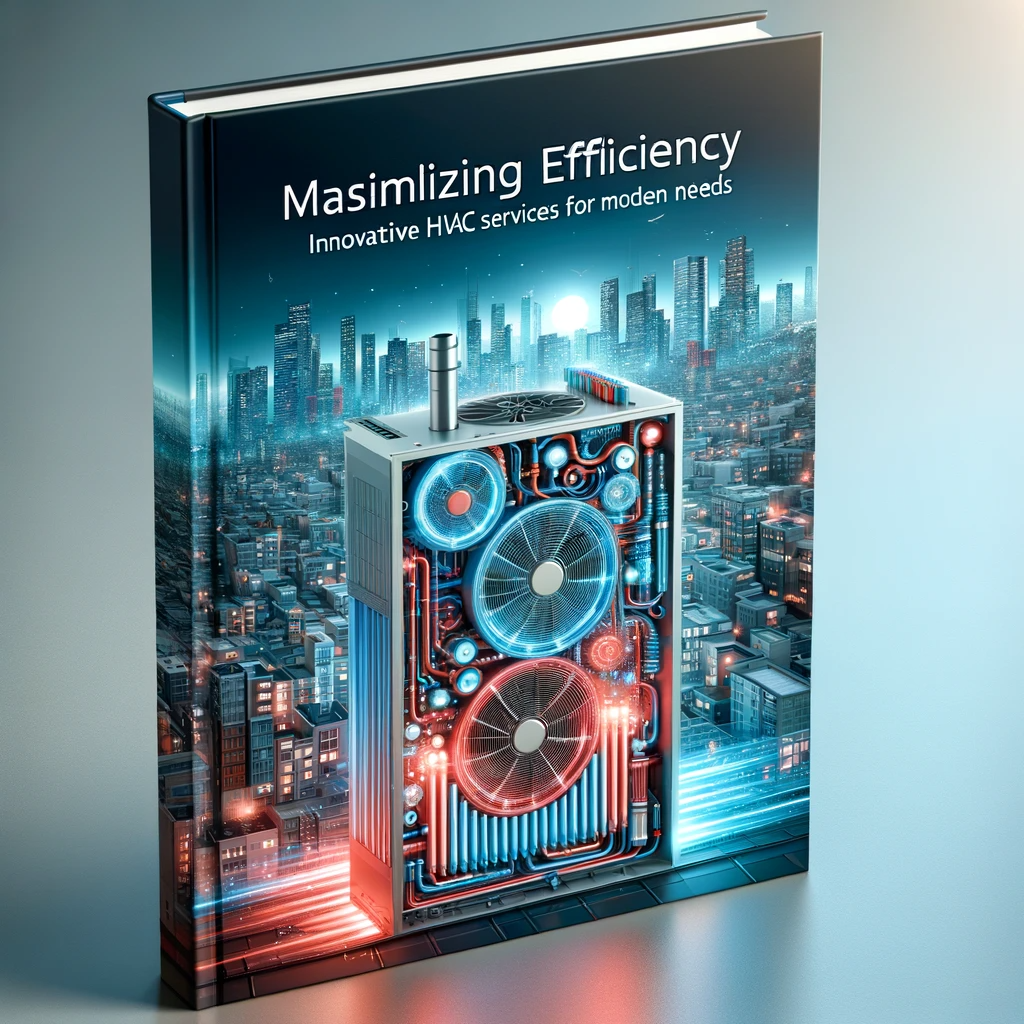As the world evolves, so do our needs for more efficient, eco-friendly, and technologically advanced ‘HVAC services‘. This article delves into how modern HVAC solutions are not just about comfort, but also about embracing innovation and sustainability. The advancements in HVAC technology are not only revolutionizing the way we maintain our indoor climates but are also playing a pivotal role in energy conservation and reducing our carbon footprint.

Energy-Efficient HVAC Systems and Their Benefits
The primary goal of energy-efficient HVAC systems is to provide comfort while consuming less energy. These systems are designed to reduce energy consumption without compromising on performance. Benefits include:
- Lower Utility Bills: Efficient systems use less energy, which translates to lower electricity bills.
- Reduced Carbon Footprint: By consuming less energy, these systems help in reducing the overall carbon footprint.
- Improved Indoor Air Quality: Many energy-efficient HVAC systems come with better filtration and ventilation capabilities, leading to improved indoor air quality.
The Role of Smart Thermostats and Home Automation in HVAC
Smart thermostats and home automation are game-changers in the HVAC industry. They allow users to control their heating and cooling systems remotely through smartphones or voice-activated devices. Key features include:
- Learning User Preferences: Smart thermostats learn from user behaviors and adjust the settings automatically for optimal comfort and efficiency.
- Remote Access: Homeowners can control the temperature of their home from anywhere, ensuring they return to a comfortable environment.
- Energy Usage Reports: These devices provide detailed reports on energy usage, helping users understand and manage their consumption better.
Green HVAC Solutions and Their Environmental Impact
Green HVAC solutions focus on sustainability and environmental protection. These include:
- Solar-Powered HVAC Systems: Utilizing solar energy to power HVAC systems, reducing reliance on fossil fuels.
- Geothermal Heating and Cooling: Leveraging the earth’s stable temperature for heating in winter and cooling in summer.
- Use of Eco-Friendly Refrigerants: Modern HVAC systems use refrigerants that have a lower environmental impact compared to traditional ones.
The Future of HVAC Services in the Age of Technology
The future of HVAC is bright and technology-driven. We are witnessing:
- Integration of IoT (Internet of Things): IoT enables HVAC systems to connect with other smart devices, creating a more integrated and intelligent home environment.
- AI and Machine Learning: These technologies allow HVAC systems to predict maintenance needs and optimize energy usage patterns.
- 3D Printing: This technology is being used to manufacture HVAC components more efficiently and with less waste.
How Businesses and Homeowners Can Benefit from Advanced HVAC Systems
Both businesses and homeowners stand to gain significantly from advanced HVAC systems:
- Cost Savings: Long-term savings on energy bills and maintenance costs.
- Increased Property Value: Homes and buildings with advanced HVAC systems have a higher market value.
- Better Control and Comfort: Advanced systems provide better control over indoor climate, resulting in enhanced comfort.
- Contribution to Sustainability: By using advanced systems, businesses and homeowners contribute to a more sustainable and environmentally friendly world.
In conclusion, the evolution of HVAC services towards more efficient, smart, and green solutions is not just a trend but a necessity in our rapidly changing world. Embracing these advancements not only leads to better comfort and lower costs but also aligns with the global shift towards sustainability and environmental responsibility.